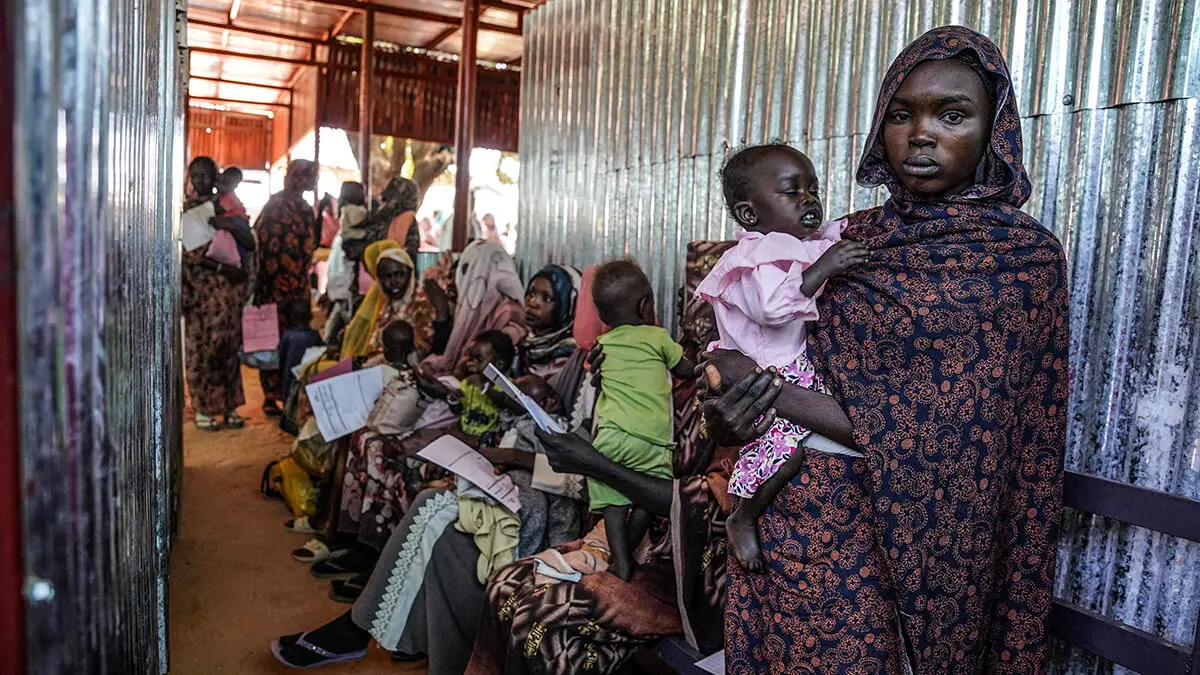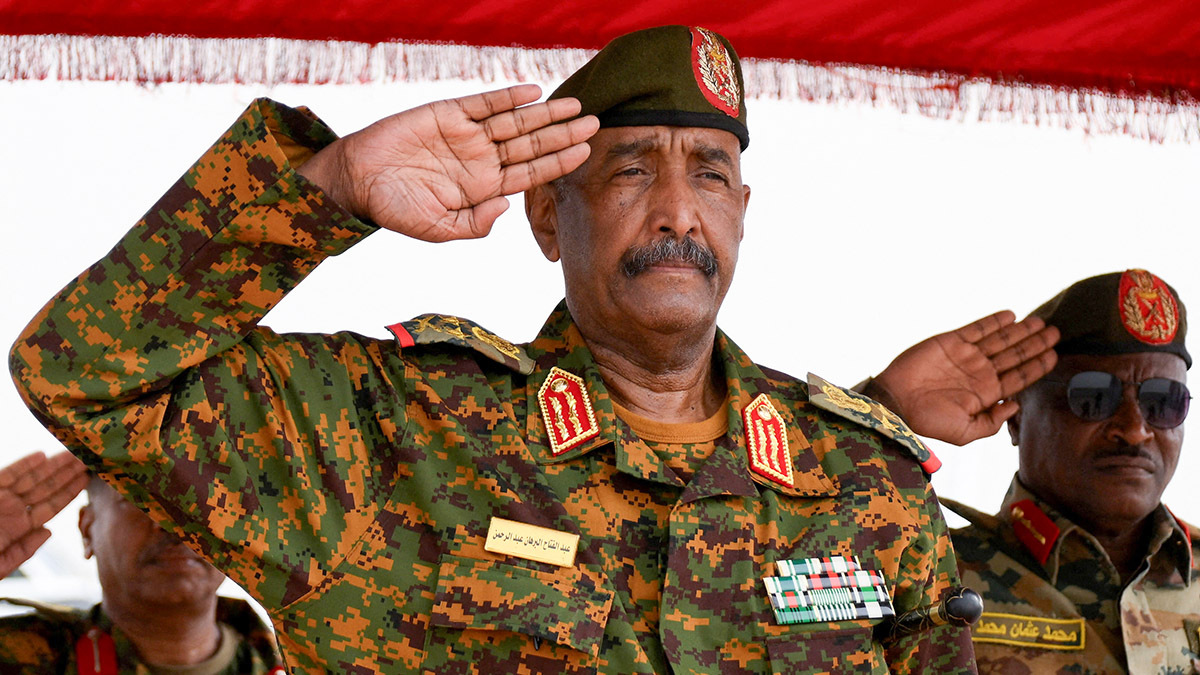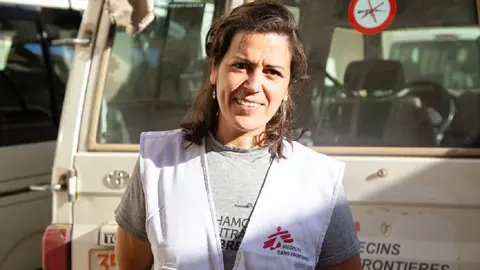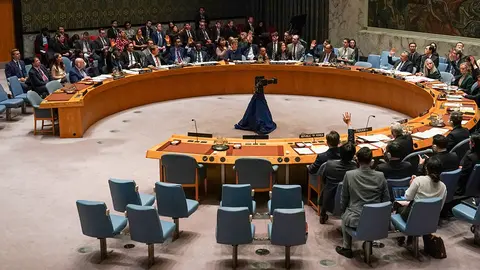Islamists intensify war in Sudan

- The scope of violations against civilians by the Sudanese army has expanded
- The international community: silence or complicity?
- Reasons and factors behind the Sudanese army's advances in recent months
- What ambitions do Iran and Turkey have in Sudan?
- The Army leadership rejected all peace efforts
- The position of civilian forces: between a rock and a hard place
- Genocide in the 21st century: How long will the silence continue?
- The responsibility of the international community
In April 2023, war broke out in Sudan between the Armed Forces, the Army, and the Rapid Support Forces, as a result of a power struggle that was exacerbated by the influence of Islamists within the Army and the refusal of its commander, Abdel Fattah al-Burhan, to hand over power to civilian forces.
The battles quickly turned into a bloody and devastating conflict, and as the military solution was delayed, regional powers entered the fray.

Turkey supported the Islamist militias loyal to the army, while Iranian intervention intensified the conflict by supplying the army with drones and advanced weapons, tipping the scales of the war in its favor.
Today, this war has become one of the world's worst humanitarian crises, involving gross violations: summary executions, systematic rape, indiscriminate bombing, ethnic cleansing and the deliberate starvation of civilians, amid international failure to stop the catastrophe.
The head of the army rejects all calls for peace and an end to the war, as he refuses to stop the indiscriminate aerial bombardments.
The scope of violations against civilians by the Sudanese army has expanded
The state of Al-Jazeera and Wad Madani as a model: after the Sudanese army took control of these areas, credible international organizations (such as Human Rights Watch and Amnesty International) recorded horrific violations, including:
- Executions in the field and revenge killings of civilians.
- Rape as a tool of war and the systematic targeting of women and children.
- Hunger and siege as weapons
- Indiscriminate bombing and widespread destruction of residential areas.
The international community: silence or complicity?
Despite all these crimes, the position of the international community remains weak: European countries and the United Nations are content with diplomatic condemnations without taking firm practical measures to protect civilians.

Reasons and factors behind the Sudanese army's advances in recent months
• Alliance with extremist militias: The Sudanese army's use of extremist Islamic militias, such as the Bara'a bin Malik Battalion and the National Shield militia, gave it military power on the ground, but at a disastrous cost to the civilian population. The military advance was accompanied by an escalation of war crimes and rapes of women and children. These militias recognize no law and practice barbarity and brutality.
• Iranian support and advanced weapons: Iran's support for the Sudanese Army has intensified through the supply of drones and advanced weapons, altering the balance of power and causing an increase in civilian casualties due to the indiscriminate use of these weapons.
• Brutal tactics: barrel bombs and indiscriminate bombing: The army resorted to destructive methods such as barrel bombs and large-scale aerial bombardment, methods previously used in Syria.
Reflecting a recurring pattern of Iranian-backed wars in the region.

What ambitions do Iran and Turkey have in Sudan?
Iran: a strategy of chaos
Iran seeks to expand its military influence in the Red Sea by supporting the Sudanese Army, in an attempt to replicate its model in Yemen, Syria and Lebanon.
Investing in the continuation of the war by arming one side at the expense of the other, with the aim of securing its role in the future of Sudan and the region.
Turkey: Support for Islamist militias
Turkey's support for loyalist extremist forces reflects a competition with Iran for influence in Sudan, with total disregard for the suffering of the Sudanese people. However, it also forms part of a consistent policy adopted by Turkey and Qatar of providing financial, media and military support to political Islam and armed Islamic movements.

The Army leadership rejected all peace efforts
The Sudanese Army has rejected all international initiatives and diplomatic meetings, including the recent Geneva conference, reflecting its intention to prolong the war despite the enormous humanitarian devastation.
This repeated refusal raises the question: Is there a regional and international interest in continuing the war at the expense of the Sudanese people?
The position of civilian forces: between a rock and a hard place
Sudan's civilian forces face the difficult challenge of rejecting war and opposing both sides. However, they find themselves marginalized in the political arena, favored by the military forces and the militias.
One of the reasons for the war is the refusal of the Sudanese army to hand over power to the civilian forces. They therefore become the political and media target of the army and the Islamist forces.
The international community must focus on supporting the civilian forces and imposing them on the ground to end the crises, wars and rapes.

Genocide in the 21st century: How long will the silence continue?
What is happening in Sudan is not just a war, but a documented genocide, in which rape and ethnic cleansing are used as weapons to terrorize the population, especially in areas such as Wad Madani and the state of Al Jazirah.
The tragedy lies not only in the rapes, but also in the fact that the perpetrators themselves document their crimes on video, as recently happened in Al-Jazeera and Wad Madani.
However, there is no real response from the international community.
The responsibility of the international community
Urgent international measures are needed, including:
- Imposing strict international sanctions on army leaders and militias involved in war crimes.
- An immediate end to indiscriminate aerial bombardments and barrel bombs that kill civilians indiscriminately.
- An independent international mechanism to document crimes and hold perpetrators accountable through the International Criminal Court.
- Provide direct support to protect women and children from sexual violence and systematic rape.
This is a war that must not be forgotten. It is an ongoing crime against humanity, and the international community must do more than simply issue statements of condemnation.










